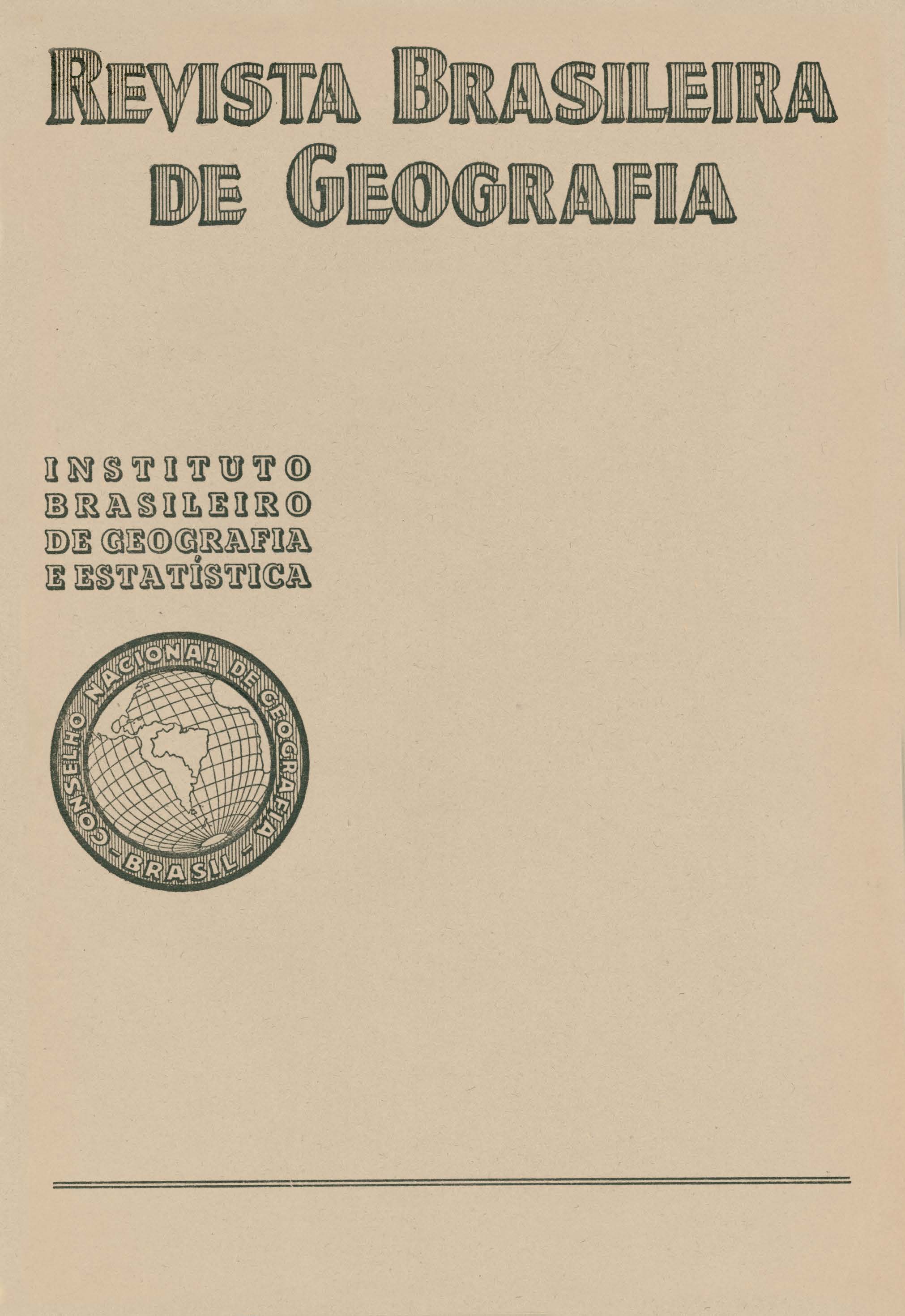A Pesca no litoral do Rio de Janeiro
Palavras-chave:
Rio de Janeiro, Geografia Econômica, PescaResumo
The authors study initially the geographic conditions which contributed to the creation of numerous fishing centers on the coast of Rio de Janeiro.
These geographic conditions are also reflected in the various fishing types which are practiced there. To the West the coast is sharply cut and formed of deep straits of clear water, or of bays, which are being slowly filled up with the inundations from the rivers. To the East the coast is more regular and necks of land isolate salt water lakes which communicate with the Ocean through permanent or temporary bars. According to the case, the conditions of life of the fishes and crustacean are manifold, due to which there is such a variety of kinds along the coast.
These geographic conditions were used as a base for the study of fishing processes. Under the title "Coast fishing" the authors describe the fishing practiced on the shore along the rocky coast and at the open sea, whereas under "Interior Fishing" they mention the one performed at the lakes and bays. For each one o f these cases the authors study the processes of individual and collective fishing, indicating the type of equipment, such as net, lines, traps, etc…, the manner in which they are used, the most appropriate time, etc…, which depends upon the kind of fish they intend to capture, the local depth of the water, winds, lunar cycle, etc...
The conditions of life and geographic location of the fishermen on the coast also reflect the physical conditions which characterize them. On the inhospitable reefs around the lakes, the fishers depend exclusively upon fishing, and their houses are grouped one beside the other. On the contrary, the population along the rocky coast is scattered and each fisherman has at the back of his house a small plantation for his subsistence, as well as banana trees.
Finally, the authors point out that the traditional processes of fishing at sea and in lakes are prevailing and that the modern technics are only known in the most important centers where they developed along with the processes already used by the natives and Portugueses of the first colonization centuries. Consequently, the traditional kind of life remained the same, being subordinated to the local physical conditions.






